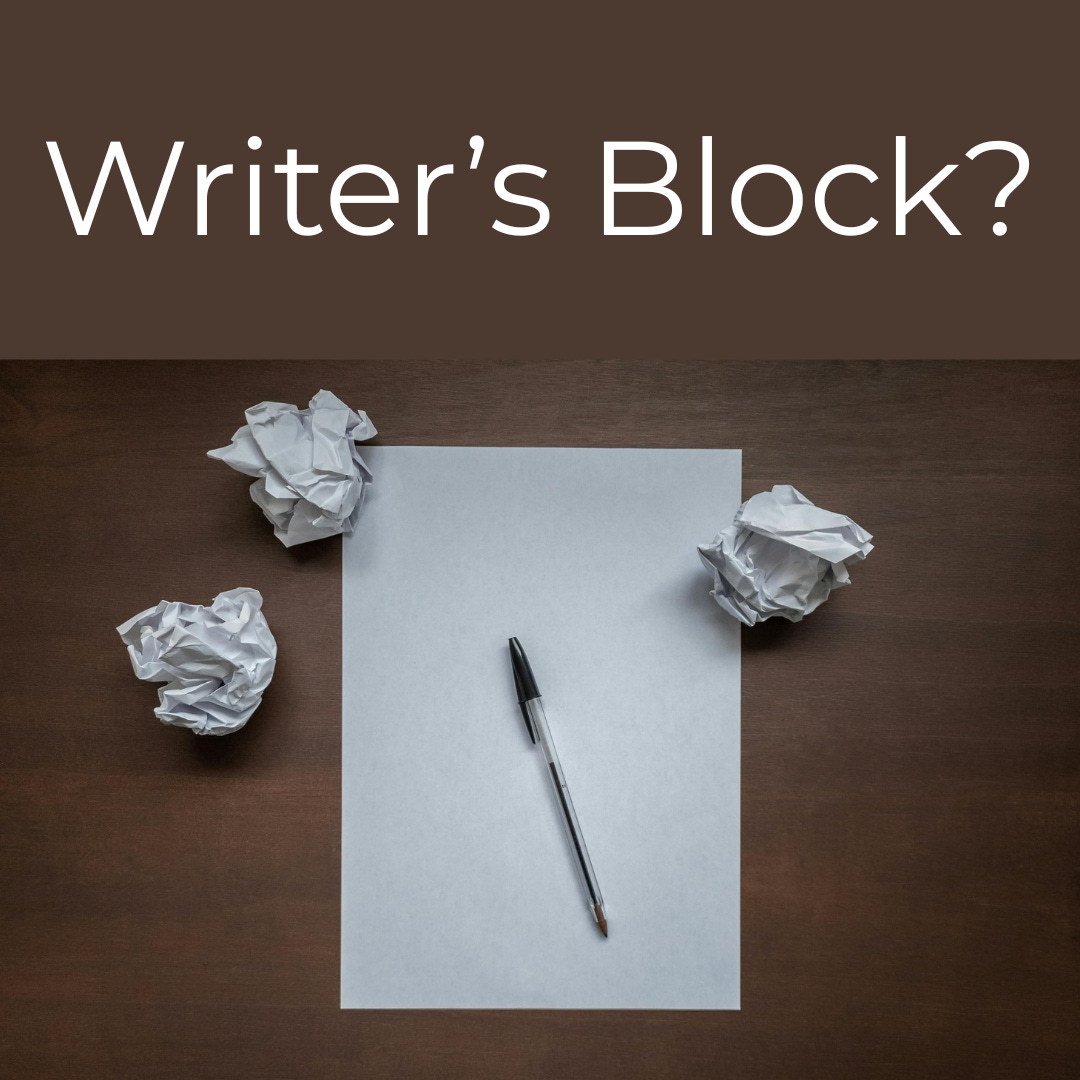Writer's Block: Read More to Write More
How to recharge your writing and connect with other writers
Dear Writer,
We’ve all had those dry spells, when nothing we write seems good, or when inspiration is lacking. The doldrums. Malaise. Irritation. The longer it lasts, the worse it gets, until your confidence starts suffering and you feel really stuck.
So, how do you pull out of it? I suggest you try a reading challenge. Maybe the Sealey Challenge, which is to read a book a day during the month of August, or maybe just your own self-designed challenge.
Most of us probably are a little disappointed in ourselves when it comes to the number of contemporary books we read cover to cover. But if you’re trying to publish a poetry manuscript or any kind of book, really, you need to know what’s going on in the overall literary conversation of THIS MOMENT. Writing is like talking, and reading is like listening. So take some time to listen to other writers. This means reading books that have been published within the past five years.
By the way, yes, listening to an audio book counts as reading, as long as you’re actually paying attention and noting what’s going on in the text. It tends to work better with prose than with poetry, where the presentation of the text on the page is often a large part of the experience, however.
Just reading books is a good start, but if you really want to occupy your mind as your writing block continues, and perhaps inspire yourself to start writing, try some of the following:
Analyze the structure of the book you’re reading, noting overall organizational structure, introductory strategy, and concluding strategy. What works well? What isn’t working so well? Make notes and compare several books. What patterns do you see?
Annotate the book as you read, highlighting, asking questions, and interacting with the text. Think of it as a conversation.
Go to a reading and listen to the writer read from the text. Bring a notebook and take down thoughts, questions, etc as the reading goes on. This can help you ask good questions, but it can also lead to inspiration to write.
Write reviews of new books and submit them to literary magazines and other outlets that publish reviews.
Write short reviews of books you read on The StoryGraph, Goodreads, Amazon, or another outlet.
Follow the writers whose books you admire on social media and here on Substack. Post and/or send a private message and tell them what you liked about their book, or cite a specific poem that spoke to you. Most writers really appreciate it.
If you’re looking for more structure to your challenge, along with external deadlines, consider taking a literature class through your local community college or literary center (I recommend in person vs online), or joining a book club or reading group through your local library. If they don’t have one, start one!
If you’re not sure what books to read, here are some tips on how to find some:
Read four or five recent books from the presses where you would like to publish your book. It will give you a sense of their aesthetics and preferences, and whether or not your book is truly a good fit for that press.
Read both the winner and the finalists for book prizes from the past few years. Some to consider would be big ones like The National Book Award, the National Book Critics Circle Awards, and the PEN American Awards, but also consider respected indie book prizes like The Eric Hoffer Awards, The CLMP Firecracker Award, and The Housatonic Book Award.
In August, look for Sealey Challenge specials. Many presses and bookstores are offering discounts, including Trio House Press.
If affordability is an issue, libraries often carry these books, and e-books are cheaper than physical books. You can also get together with a friend and split the cost on books, trading with each other as the challenge goes on.
Eventually, your writer’s block will disintegrate, and you’ll be back on track and better than ever after your reading challenge. You’ll have a better sense of where your own work fits into the current literary conversation, and what you have to add that isn’t a part of the conversation now. You’ll have new writers to follow and new contacts. So go out there and start reading!
With gratitude,
Kris

